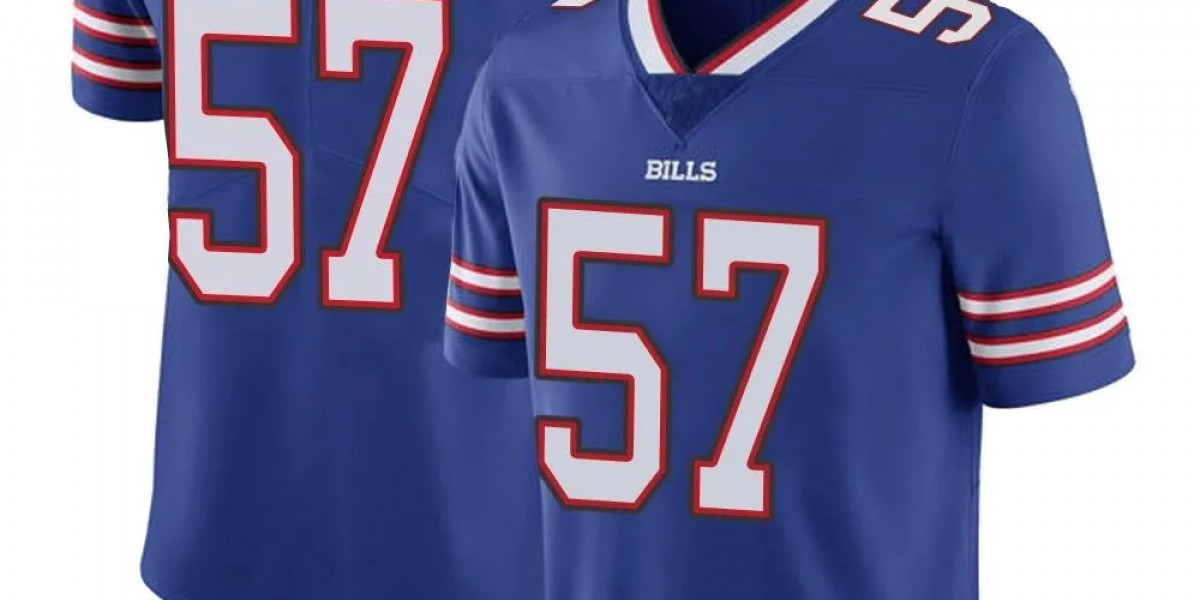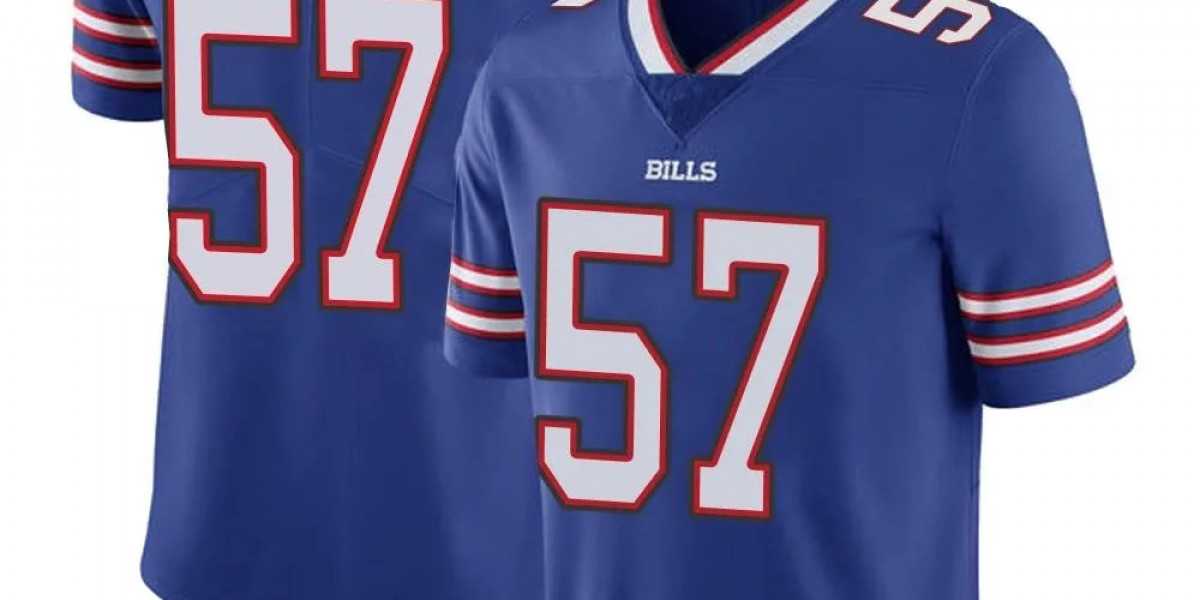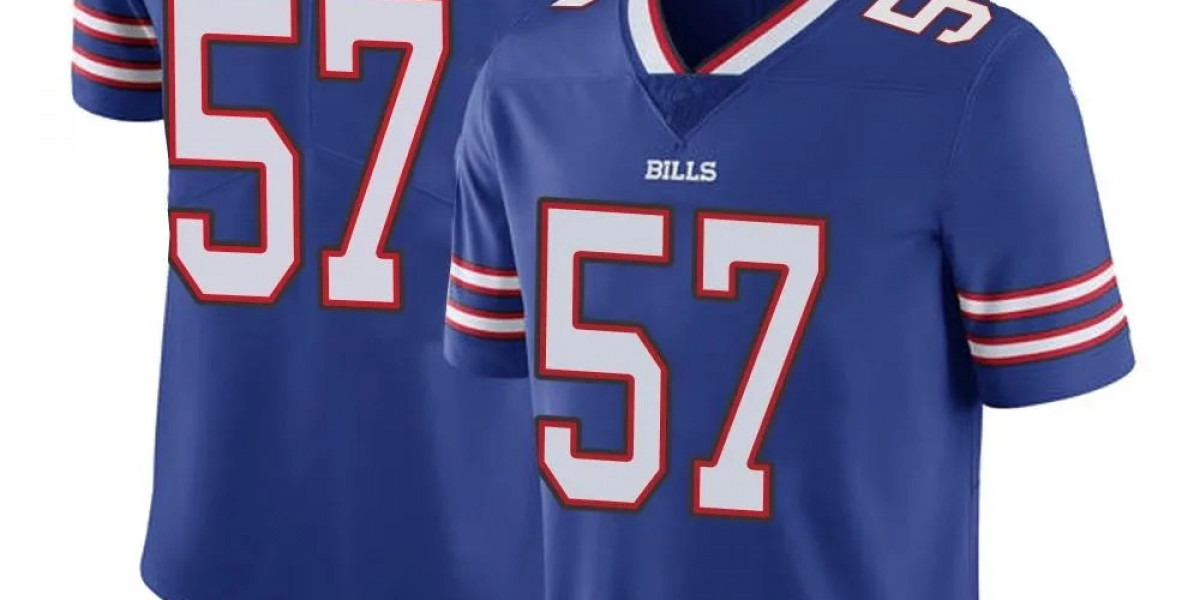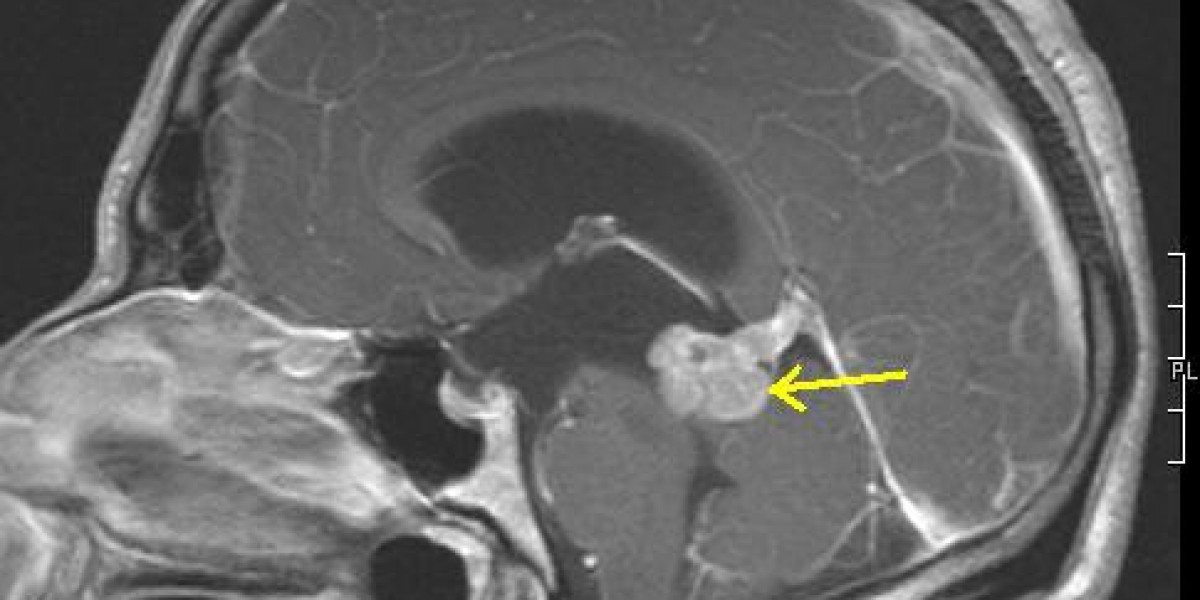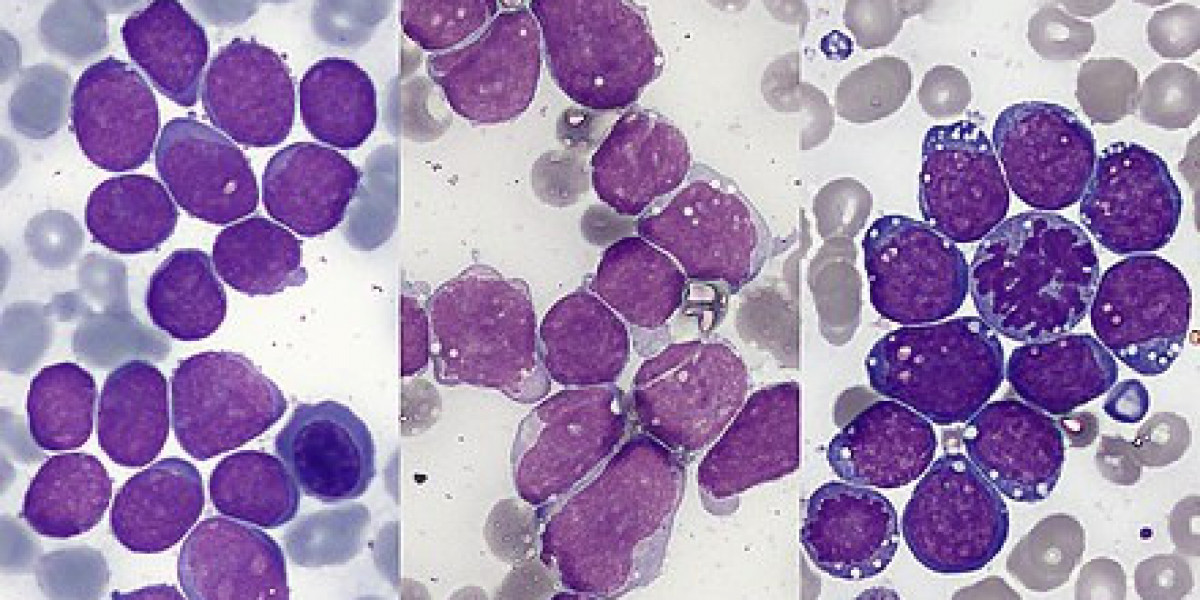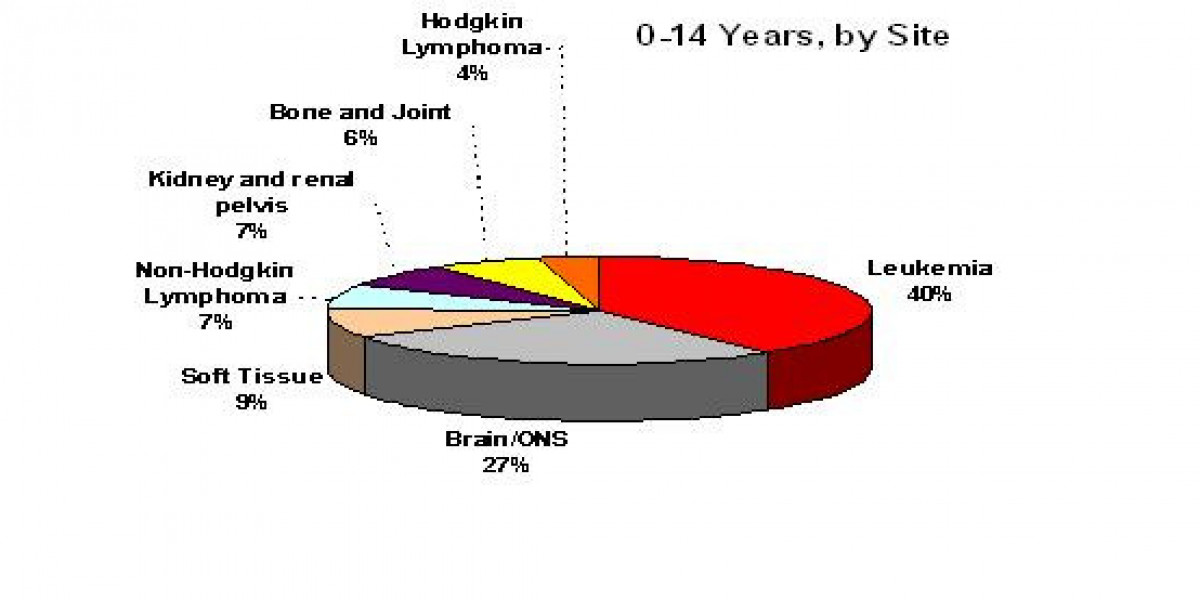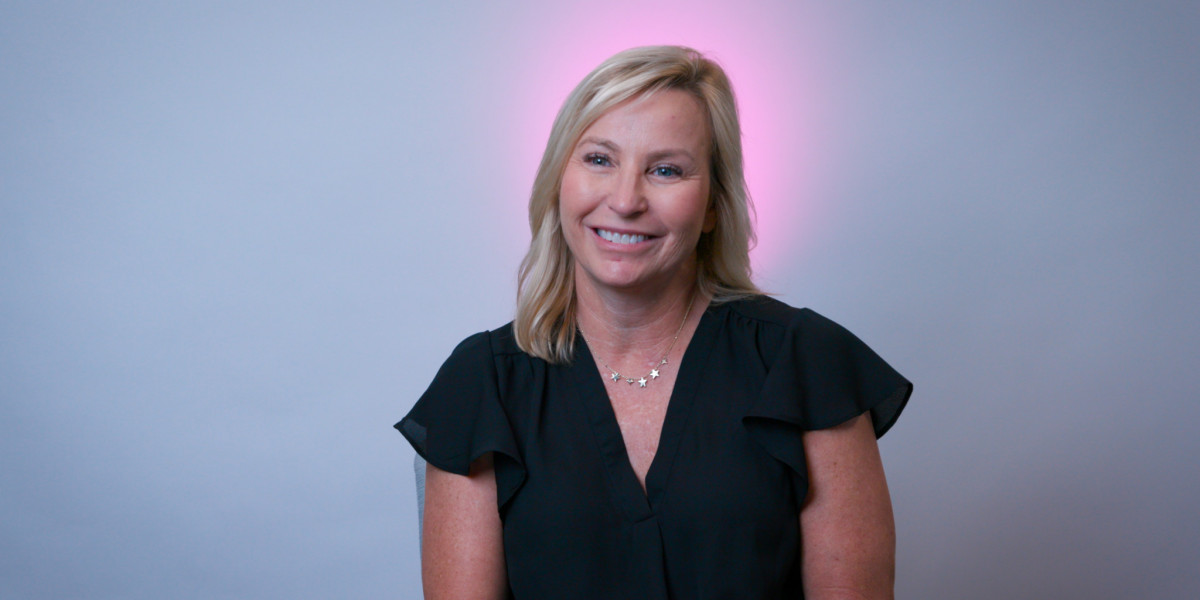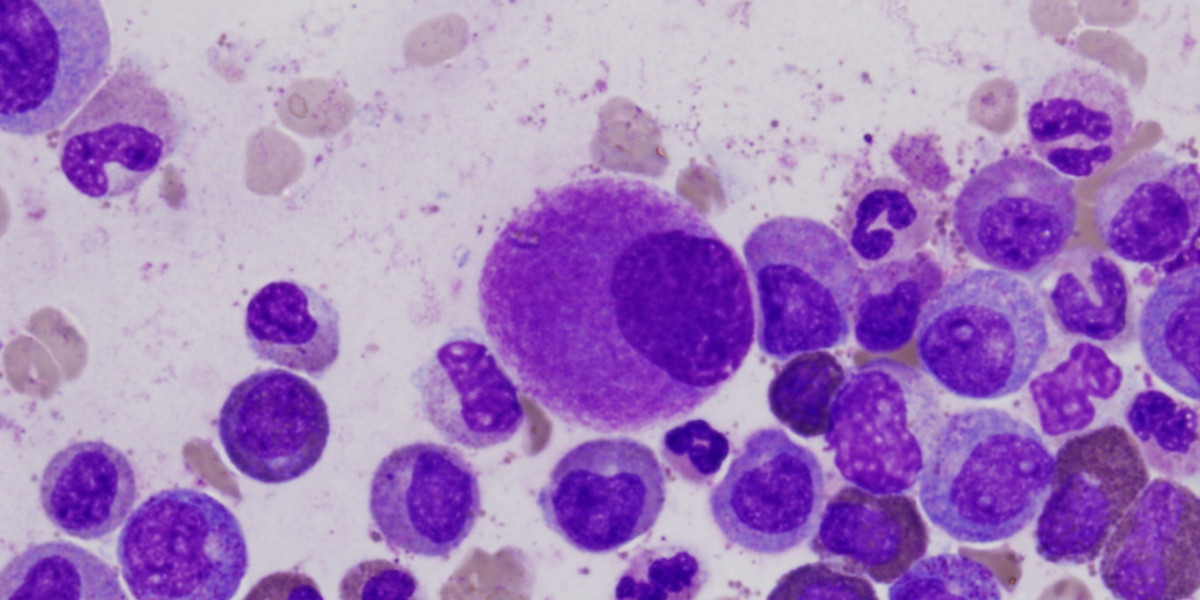In the quiet moments, when your heart feels heavy and your thoughts run in circles, it’s easy to believe you’re simply depressed. But what if it’s more than that? What if the emotional weight you're carrying is part of something deeper—more chaotic, more unstable? Understanding the difference between Depression vs BPD (Borderline Personality Disorder) is a crucial step toward the right kind of healing.
Both conditions share many emotional signs—sadness, emptiness, hopelessness—but the way they unfold in your life can be vastly different. At Evolve Psychiatry, we’ve seen firsthand how often these two disorders get confused, delaying the right treatment and leaving people feeling stuck.
Let’s take a closer look at the emotional storms behind each.
Depression: The Heavy Fog That Lingers
Depression isn’t just a phase. It’s a persistent mental health condition that dims joy, motivation, and the ability to function in everyday life. People with depression often describe feeling like they’re “drowning,” moving through life in slow motion. Even the simplest tasks can feel impossible.
Core symptoms of depression include:
Deep, persistent sadness or emptiness
Fatigue or lack of energy
Loss of interest in hobbies or relationships
Changes in sleep and appetite
Difficulty concentrating
Feelings of worthlessness or guilt
Thoughts of self-harm or suicide
Depression tends to stay consistent over time. You may feel down for weeks or months at a time without much fluctuation in mood.
But what happens when your emotions feel more like a rollercoaster—when sadness morphs into anger in minutes, and your relationships are a storm of intensity and confusion?
BPD: When Emotions Become a Tidal Wave
Borderline Personality Disorder (BPD) is a complex mental health condition marked by emotional instability, impulsivity, and difficulty maintaining relationships. Unlike depression, BPD isn’t a constant state of sadness—it’s an emotional whirlwind that changes direction without warning.
Symptoms of BPD often include:
Intense fear of abandonment
Rapidly shifting self-image and mood
Unstable and intense relationships
Impulsive behaviors (e.g., spending sprees, risky sex, binge eating)
Inappropriate anger or difficulty controlling rage
Chronic feelings of emptiness
Self-harming behavior or suicidal thoughts
One of the most misunderstood parts of BPD is how quickly emotions change. A person with BPD might feel joyful and loved in one moment, then rejected and devastated the next. This instability often gets mistaken for depression, especially when emotional lows hit hard.
Depression vs BPD (Borderline Personality Disorder): What Sets Them Apart?
While both conditions involve deep emotional pain, they’re not the same—and recognizing the differences matters.
Here’s how Depression vs BPD (Borderline Personality Disorder) typically differs:
| Depression | BPD |
|---|---|
| Mood is consistently low | Mood shifts rapidly |
| Emotions feel flat or numb | Emotions feel intense and unpredictable |
| Relationships may suffer due to withdrawal | Relationships are often unstable and dramatic |
| Guilt and hopelessness dominate | Fear of abandonment and identity issues are central |
| Lower risk of impulsivity | Higher risk of impulsive or self-destructive behaviors |
In short, depression is a deep, heavy fog. BPD is more like an emotional thunderstorm.
Why This Misunderstanding Matters
Too many people are misdiagnosed. Someone with BPD may be told they are “just depressed,” leading to treatments that don’t fully address their needs. At Evolve Psychiatry, we understand how frustrating this can be. That’s why our mental health specialists take time to truly understand your emotional patterns—not just your symptoms.
If you're wondering whether what you’re experiencing is depression or something more, don’t ignore your gut. Take action. Seek clarity. The right diagnosis opens the door to the right kind of support.
Finding the Right Help: It’s Never Too Late
Living with depression or BPD can feel overwhelming. But no matter where you are in your journey, you are not alone. At Evolve Psychiatry, we guide people through both challenges every day. Our team provides thoughtful evaluations, compassionate care, and evidence-based treatment plans tailored to you.
We don’t just treat symptoms—we help you rebuild emotional resilience. Whether you’re struggling with the deep fog of depression or the tidal waves of BPD, healing is possible.
What You Can Do Today
Listen to yourself. Are your emotions predictable or chaotic? Do your moods change quickly? Do you struggle with relationships?
Reach out for a professional evaluation. Don’t self-diagnose. The line between depression and BPD can be thin, and only a trained mental health professional can give you answers.
Choose a team that understands. At Evolve Psychiatry, we specialize in both depression and BPD. We’re here to help you find clarity, balance, and hope.
Final Thoughts
Distinguishing between Depression vs BPD (Borderline Personality Disorder) isn’t about putting a label on your pain—it’s about finding a path forward. When emotional storms feel never-ending, the right diagnosis can be a lifeline.
Don’t wait for things to “get worse” to seek help. Take the first step toward emotional clarity. Choose healing. Choose Evolve Psychiatry.
Because you deserve more than just surviving—you deserve to evolve.

